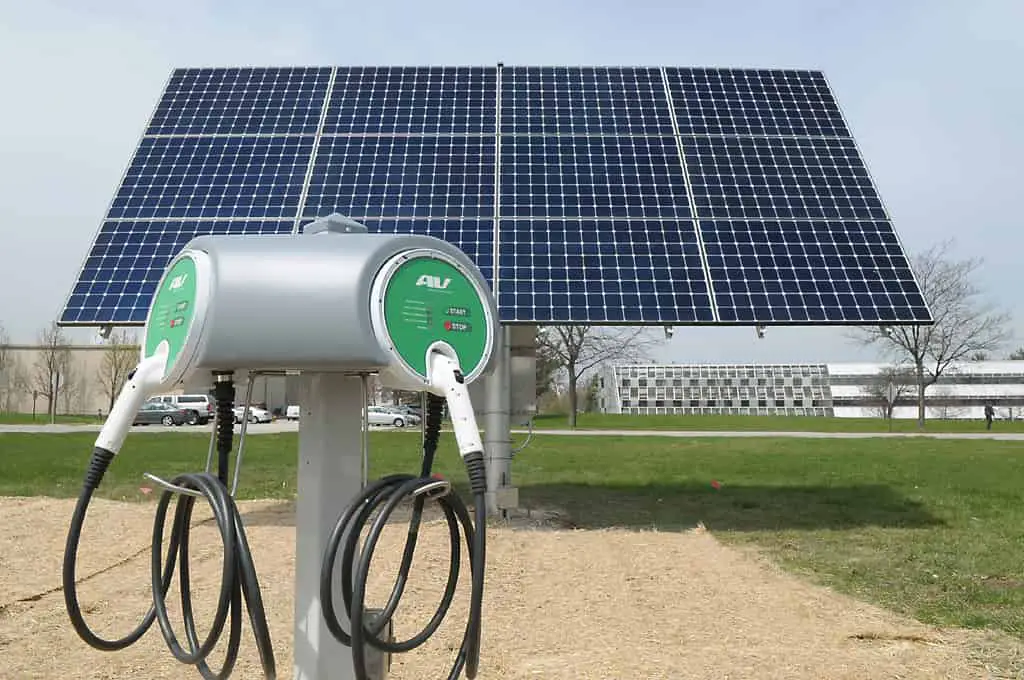

Empowering EVs: Solar Car Battery Chargers in Nigeria – A Sustainable Charging Solution
The quest for sustainable energy solutions has led many to ponder the feasibility of charging electric car batteries using solar power. Traditionally, battery chargers rely on a power outlet connection, but the emergence of solar battery chargers brings forth a unique approach. This article delves into the efficacy of solar car battery chargers in Nigeria, addressing their functionality, limitations, and potential impact in Nigeria.
Do Solar Car Battery Chargers Truly Work?
Yes, solar car battery chargers do work, but their effectiveness differs from conventional chargers. Unlike their robust counterparts, solar chargers operate at a slower pace. While they may not rapidly charge your vehicle’s battery, they serve well for topping off existing charges. The key lies in understanding their capabilities and limitations.
The Mechanism Behind Solar Car Battery Chargers
Solar battery chargers harness solar energy by converting sunlight into electricity, stored within a battery. Utilizing photovoltaic solar panels, akin to those found in residential and commercial settings, these chargers employ a fundamental technology. However, it’s crucial to note the disparity in output—solar car chargers typically generate 500 to 1,500 mA, emphasizing their relatively modest power capacity.
To optimize their use, some chargers employ a strategy of providing higher amperage initially and gradually decreasing it as the battery approaches full charge. Quality chargers execute this process automatically, while others offer manual controls, providing users with flexibility.
Exploring the Cost of Solar Battery Chargers in Nigeria
In Nigeria, the cost of a solar battery charger generally hovers around N20,000 for a 10-amp model. Variations in price exist depending on the amperage capacity, with higher capacities incurring additional costs. For those seeking a quick top-up for their battery, the 10-amp option proves cost-effective.
Can Solar Car Battery Chargers Resurrect Dead Batteries?
Contrary to common belief, solar car battery chargers cannot revive fully dead batteries. Their functionality centers around trickle charging, matching the self-discharge rate. Understanding this limitation is crucial to avoid misplaced expectations and frustration.
Assessing the Worth of Solar Car Chargers in Nigeria
Beyond their immediate charging capabilities, the significance of solar car chargers lies in providing an alternative electricity source. In Nigeria, where the energy landscape is dynamic, these chargers serve as a valuable asset for electric vehicle (EV) owners. Their utility extends beyond mere charging, encompassing the following advantages:
- Handy for Quick Charges: Solar car chargers prove convenient for impromptu charges, ensuring your EV remains operational.
- Energy-Efficiency: For those aiming to reduce electricity consumption, solar car chargers offer a sustainable and eco-friendly solution.
Conclusion
Owning an electric vehicle comes with its challenges, and the dependency on charging stations can sometimes pose logistical issues. In such scenarios, having a solar car charger in your vehicle can be a game-changer. These compact devices act as a safety net, providing a reliable charging option when reaching a charging station becomes impractical.
In conclusion, while solar car chargers may not match the speed of conventional chargers, their unique advantages make them a worthwhile investment for EV owners. As Nigeria embraces sustainable energy solutions, incorporating solar-powered options into the electric vehicle landscape can contribute to a greener and more resilient future.
Categories
- Biography (4)
- Car Reviews (31)
- Car Tips (53)
- Classic Cars (45)
- Net Worth (12)
- Transportation (19)
Recent Posts
Related posts


Top 5 Reliable Car Dealerships in Lagos: Your Ultimate Guide

How to Buy a Tokunbo Car in Nigeria Without Getting Scammed








